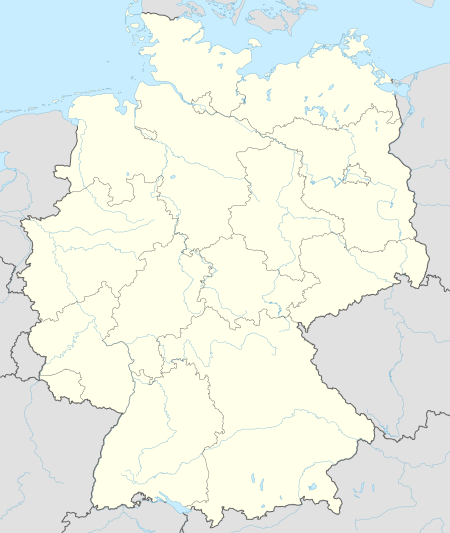Transplant center
A transplant center is an interdisciplinary facility for the transfer of donor organs. It is approved according to the Transplantation Act and acts according to its regulations. According to Section 10 of the German Transplantation Act, the tasks of the transplant centers are:
- Maintenance of waiting lists
- Organ transfer
- Documentation of the organ transfer
- Mental care for patients in the hospital before and after the organ transfer
- Follow-up care for organ donors
Many transplant centers are located at university hospitals. In Germany it is part of a logistical network that is mainly represented by the Eurotransplant Foundation and the German Organ Transplantation Foundation .
Transplant Centers (Germany)
|
|
|
Transplant Centers (Switzerland)
In Switzerland, there are six transplant centers for organs , which also need a legal permit. These are located in Basel , Bern , Geneva , Lausanne , St. Gallen and Zurich . Tissue (e.g. cornea) and cells (e.g. blood stem cells), however, are also transplanted at other clinics.
See also
Transplantation , organ donation , KfH
